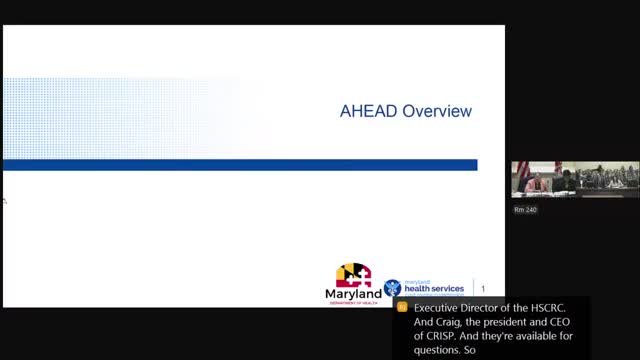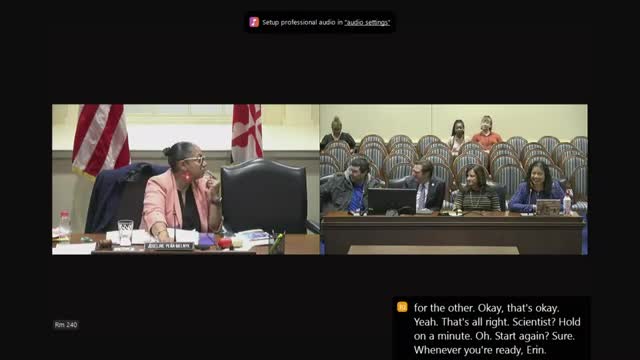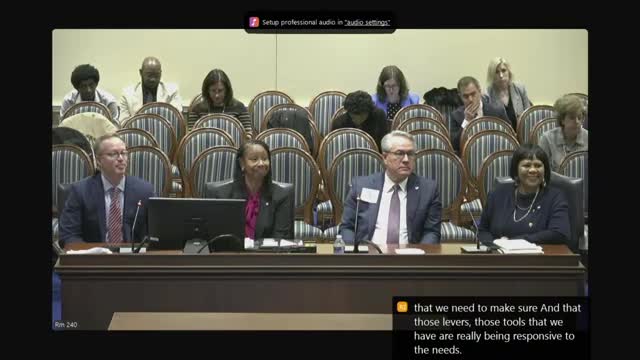Article not found
This article is no longer available. But don't worry—we've gathered other articles that discuss the same topic.

Maryland outlines AHEAD model to expand primary care; hospitals warn of workforce, capacity and physician‑cost pressures

UMB Center for Violence Prevention and LifeBridge—s Center for Hope describe hospital‑linked prevention and intervention efforts

